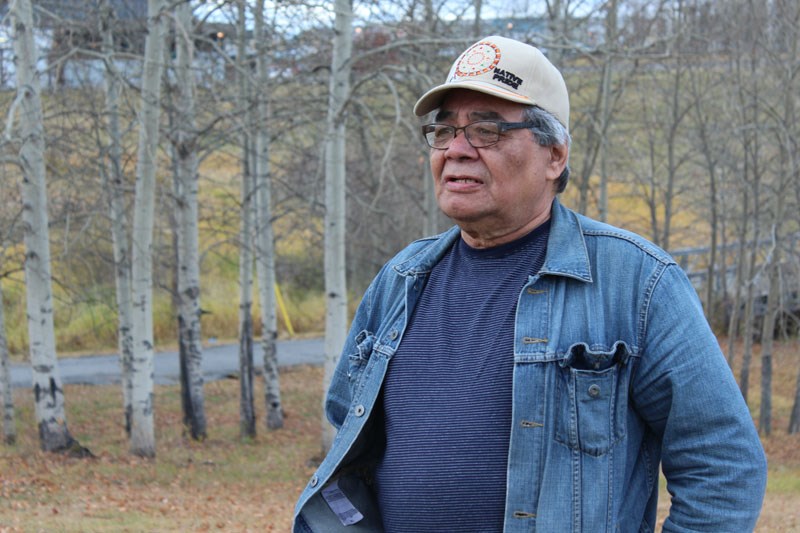If you’ve lived in Thompson for even a short period of time, chances are you know the story of how the city was founded.
After discovering a major nickel ore body in February 1956, representatives from Inco (known today as Vale) set up the surrounding area as a “planned community” in 1957 that was named after the company’s then chairman John F. Thompson.
Thompson was officially incorporated as a city a decade later, and nickel mining has been directly tied to the surrounding area’s economic well-being ever since.
However, local resident Jason Cook said his father’s contribution to Thompson’s creation has been overlooked throughout the years and he aims to change that in 2017.
Because, while Inco originally discovered that large nickel sample, the land they found it on officially belonged to Cook’s father, Henry, who used that area around Paint Lake as a trap line.
“My goal is to see if anything could be done in reference to my father, who was a land owner and a trapper, who gave up his land so that the mine could be developed,” Cook told the Nickel Belt News.
In fact, historical records show that Henry Cook did a lot more than simply allow Inco to set up their mining operations on his land.
According to excerpts from Thompson: a City and its People by Graham Buckingham, Henry was instrumental in laying the ground for the present Thompson township.
Not only did he supervise a three-man crew in 1949 that cut a road through from Paint Lake to Mystery Lake, but he also worked closely with pioneer Hugh S. Fraser in 1953 by staking claims and line cutting near Ospwagan Lake.
Because of these, and many other, contributions Henry was later featured during the city’s Canada Day celebrations in 1979, where he was formally recognized as Thompson’s first resident.
After years of working for various mining and exploration companies, as well as participating in outreach programs for different Indigenous communities, Henry died in 2000.
However, these past accomplishments haven’t translated into a long lasting historical legacy in the modern day, at least one that’s on the same level as figures like John F. Thompson or Hugh S. Fraser.
“So what I’m asking the province and the City of Thompson, and also Vale/Inco, is maybe get a plaque, a street named after him,” said Jason. “Whatever the city thinks is appropriate to name something for the late Henry Cook.”
After a failed attempt to get this project off the ground in 2007, Jason will finally get a chance to pitch this idea in front of a new administration at the city’s Nov. 21 recreation and community services committee meeting.
While he thinks the presentation could go either way, Jason just wants the opportunity to plead his late father’s case on a public stage.
“I want some input and some results from this meeting, and I’m going to ask them in a general forum ‘Now that we’ve got all this out, what is your organization or company going to do about this?’”
The city’s upcoming recreation and community services committee meeting is taking place next Tuesday at noon in the Mary Fenske Boardroom.




